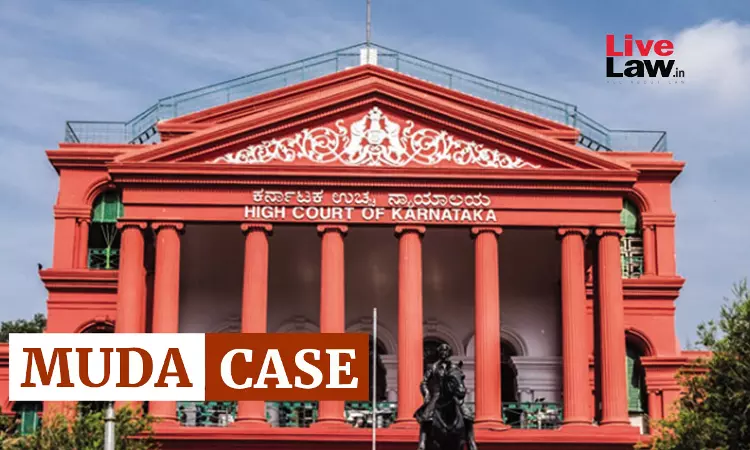Karnataka High Court Admits Appeal Filed By ED Against Order Quashing Case Against Former MUDA Commissioner
Mustafa Plumber
10 March 2025 2:20 PM IST

Next Story
10 March 2025 2:20 PM IST
The Karnataka High Court on Monday admitted the appeal filed by Enforcement Directorate challenging an order of the single judge which had allowed the petition filed by former Commissioner of Mysore Urban Development Authority (MUDA), Dr Natesha D B, during whose tenure alleged illegal allotment of land sites was made to Chief Minister Siddaramiah's wife Paravathi.The single judge bench...
